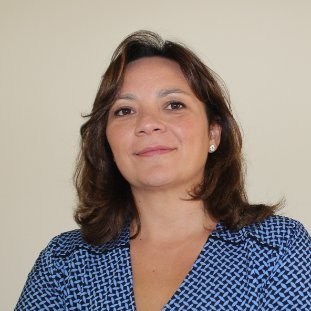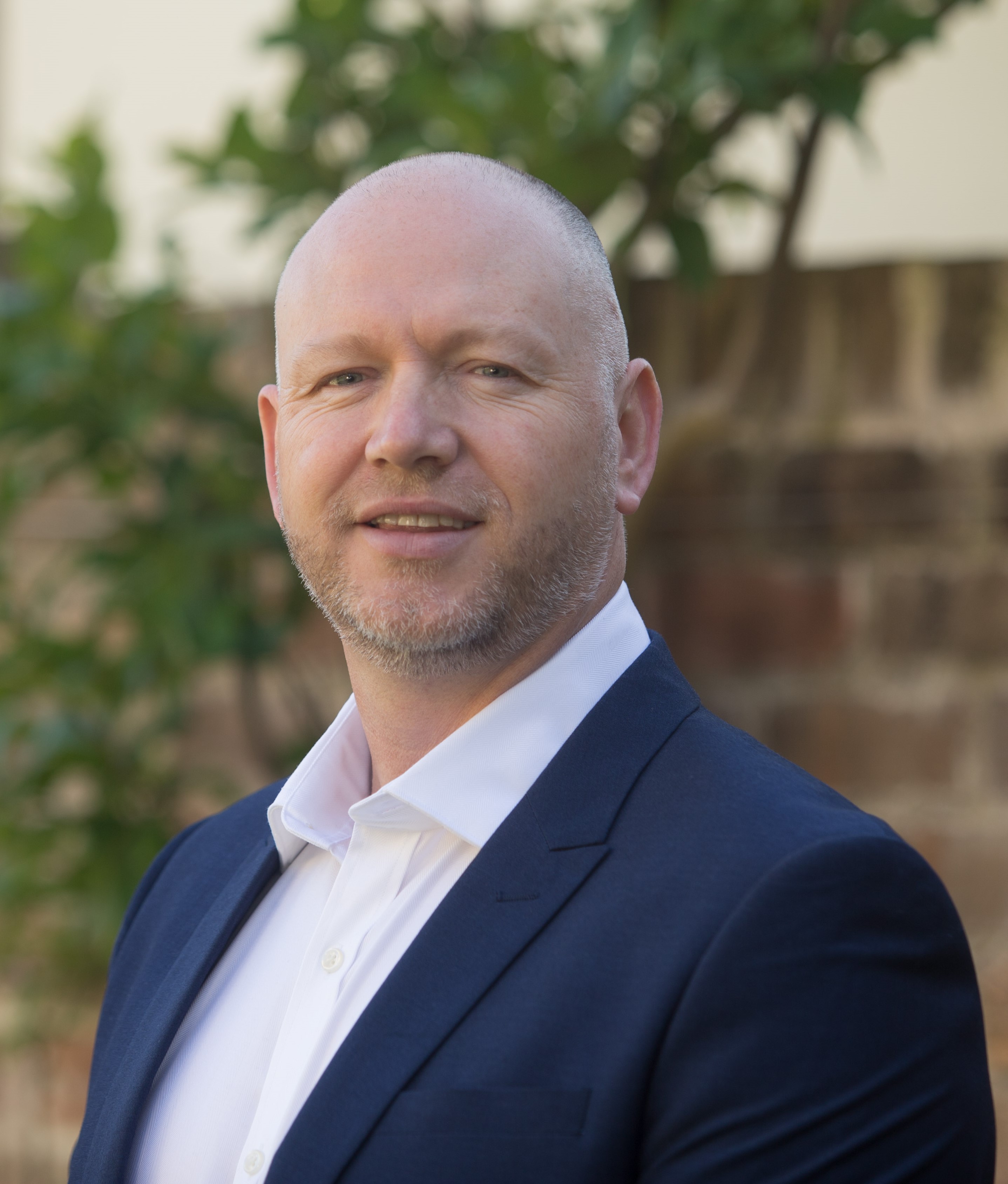Maria Dolores Salido Linde, IRMCert: Global Risk Manager, Signify
Global Risk Manager
Maria Dolores Salido Linde, IRMCert
Signify
How did you get your job?
My first job was as a software developer and for 10 years I had various roles working in project management. In 2013, I was a program manager for Intelligent Traffic Systems, when, by coincidence, I discovered a vacancy as Risk Manager in my former company.
My project management expertise was a good background, but on the other hand, I lacked some key knowledge in some areas such as legal, finance and taxes. As I love a challenge I decided to get out of my comfort zone and applied for that role. And, though I sometimes felt like a rookie, however thanks to a great manager, I learnt a lot, and became a Solution Risk Manager.
What’s a typical day like as a Global Risk Manager?
In my current role, I need to ensure that any complex projects are delivered to our customers on time, to their quality expectations and budget. Therefore, during pre-sales, we need to identify any potential risk, analyze and treat. So, my typical day will involve some project risk reviews, supporting proposal managers and sales teams, to ensure all the risks are identified and treated. Also, at least once per week, I join different management boards to ensure that the level of risk of the projects is aligned with the company risk appetite.
Since I’m responsible for the risk culture for projects, usually, I need to lead some webinars, trainings and workshops for the different teams in the company.
Finally, when I get home, I usually try to save sometime to keep on learning. So I spend some time reading articles on Linkedin and watching TED talks. So, not boring at all!
What do you enjoy most about your job?
Definitively, the wide scope. It’s not a matter of managing the risks just on the technical areas, but also at supply chain level, procurement, legal, finance, taxes, HSE, travel security, etc, all of that applies to our projects that are implemented worldwide. Therefore, it requires me to be able to build a great network of experts that will support me, and to be on a continuous learning process, what I really love.
What are the challenges?
Unfortunately, risks are still seen as something negative, instead of as an opportunity, something that can make us stand out among the competition. I would say that building the risk culture is the major challenge I face. Making the team to understand that managing the risks will help them and their managers making decisions is not an easy goal.
What would you say to others thinking about joining IRM as a member?
Joining the IRM is a great decision, not only if you are willing to start your career as a risk manager, but also, if you are already a risk manager who learnt on the job.
Many companies are willing to financially support their employees with this type of training, so, this can be a good excuse for you.
I prepared and passed the IRMCert. The study material is very comprehensive, including case studies that helped me to understand each subject. Also, it was really interesting for me, that, on the contrary to other certifications, it is not focused only on financial risks, but all the type of risks impacting an organization. For example, there are chapters about project risks, operational risks and supply chain risk.
How has your role developed and what are your career ambitions? Has being linked to the IRM helped?
I would probably emphasize two particular ways in which the IRM Certification has helped me to develop my current role. The complete view of the different standards and the risk culture chapter help me to achieve more efficient results in my job.
My career ambition is keeping helping organizations to make decisions with the appropriate level of information about risks in the different types of projects. So, pretty sure, my next step will be to study the International Diploma, which I think will help me to achieve my career ambitions.
Top tips:
It is never too late to study, even if the last time you took an official exam was 15 years ago! Getting a professional certification will be a key driver to develop your career.
Don’t be afraid of changing your career path. Just analyze the different options and choose one that really attracts you. Be ready for the challenge.
Finally, being Spanish, I would like just to emphasize that for sure, you will need to speak English, but language is not a barrier. You might need a little bit more time to understand some concepts, but the language of the study material is really very clear.





